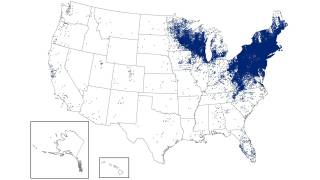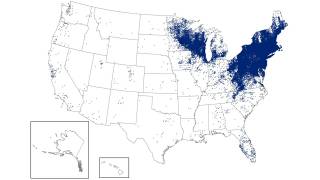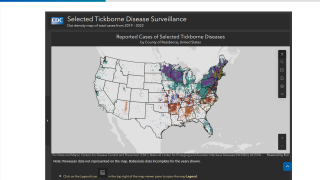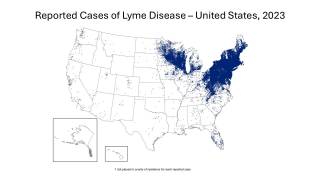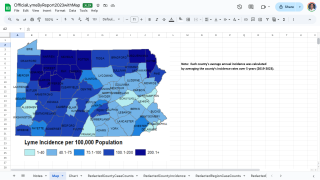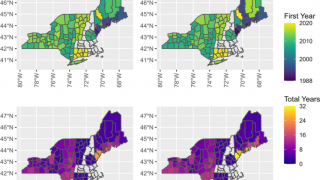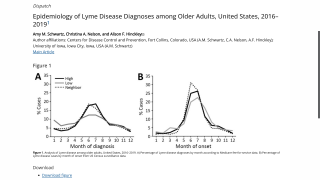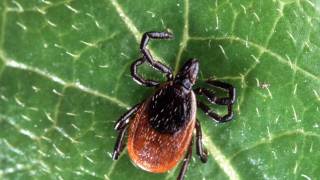Europe's Warm Summer Increases Lyme Disease Risk
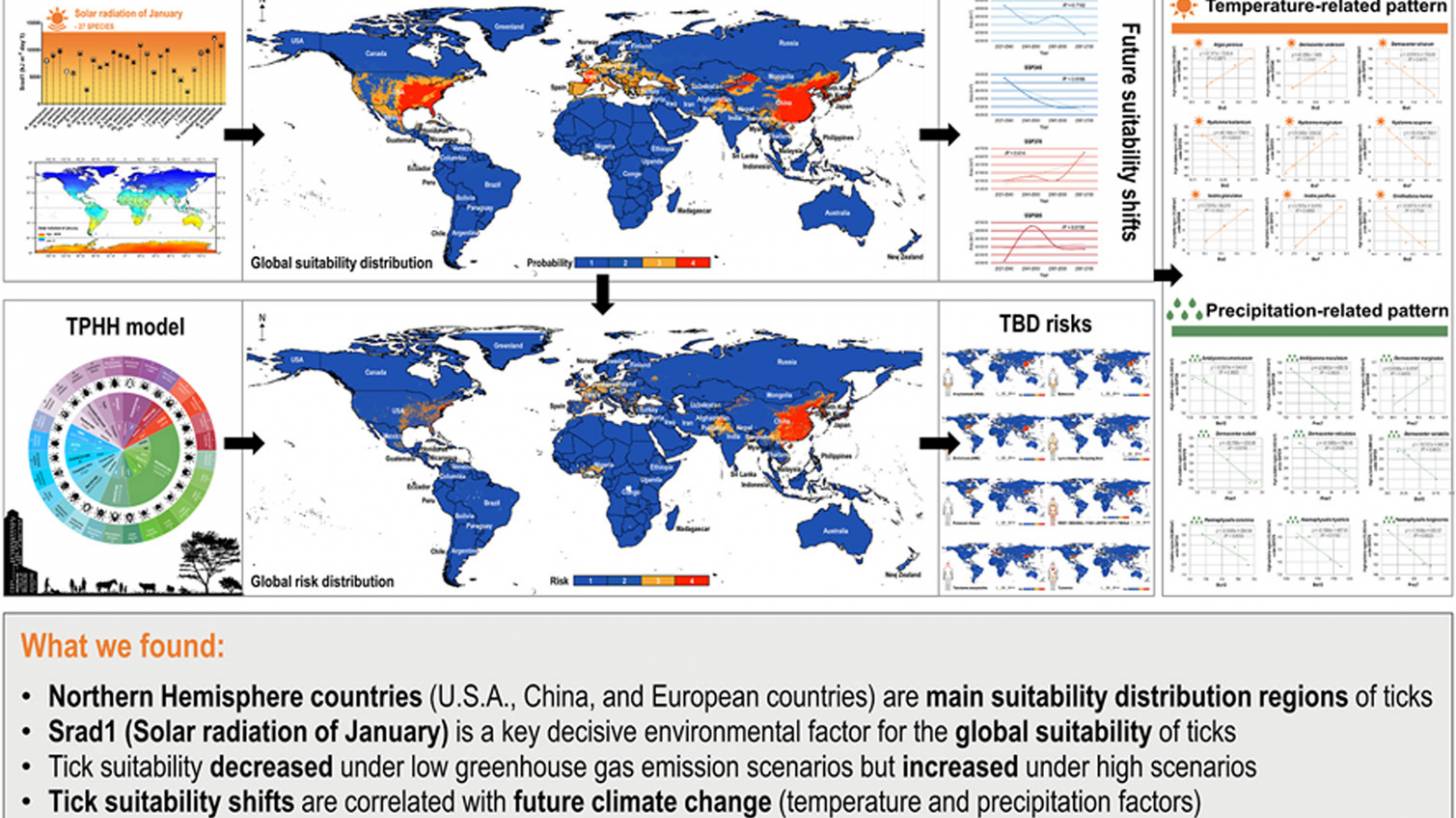
A recent study emphasized the risks posed by ticks and tick-borne diseases (TBDs) across Europe during the summer months.
Among these serious illnesses is Lyme Disease, a severe bacterial disease.
Published in the Journal of Environmental Management in February 2025, this study examines the impact of climate change on the distribution of disease-carrying ticks. It finds that tick suitability decreases in low-climate scenarios but increases in high-climate scenarios.
These researchers proposed a "tick-pathogen-habitat-human" model to project the global potential distribution of main pathogenic ticks using a total of 70,714 occurrence records. Specifically, solar radiation in January emerges as the main factor in determining the TBD risk distribution pattern.
Furthermore, the distribution shifts of tick suitability were projected under different shared socio-economic pathways in the future.
These researchers wrote, Our findings demonstrate that warm-temperate countries in the Northern Hemisphere, including those in Europe, are high-risk regions for ticks and TBDs.'
The World Health Organization says the number of Lyme disease outbreaks in Europe has increased steadily, with more than 360,000 cases reported over the last two decades. The highest-risk regions for tick colonization in Europe include France, Spain, Ukraine, Germany, Italy, Poland, Romania, and the United Kingdom.
In the UK, the Health Security Agency says Lyme disease-carrying ticks are most active in the spring and summer.
Approximately 4% of ticks in England and Wales are infected with Lyme disease.
Lyme Disease UK advises that if you find an embedded tick in your skin, remove it. The longer a tick is left to feed, the higher the chances are that it will pass on any diseases it's carrying.
From a prevention perspective, one Lyme disease vaccine candidate is conducting late-stage clinical research. However, this innovative vaccine (VLA15) is not commercially available in 2025.
Our Trust Standards: Medical Advisory Committee

